Kingdom of the Planet of the Apes embraces the franchise’s themes while also highlighting their similarities to another recent movie: Dune: Part Two.
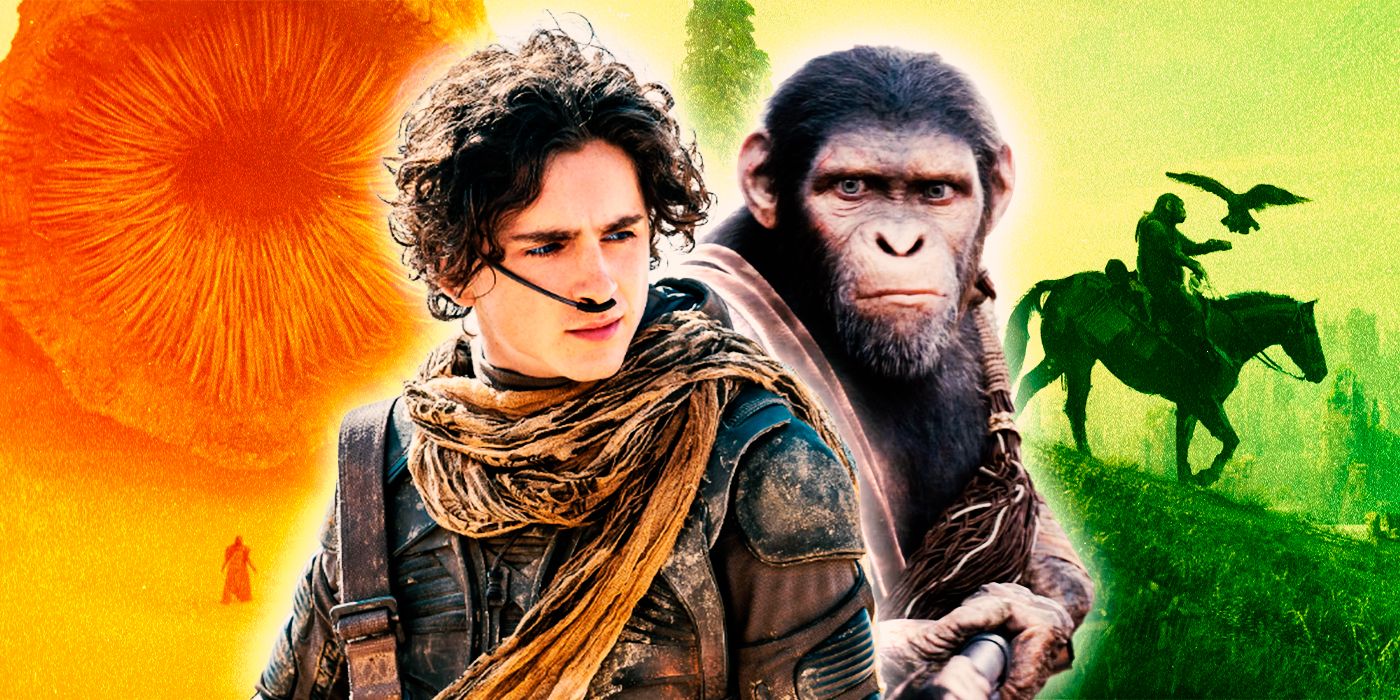
The Planet of the Apes movie franchise is nearly six decades old, with the series a landmark line of science fiction classics. The latest entry is Kingdom of the Planet of the Apes, which continues the storyline of the rebooted Planet of the Apes trilogy from the 2010s. While it continues many of the themes that the property is known for, it also has notable similarities with another sci-fi franchise that had a major movie in 2024.
Dune: Part Two is the adaptation of the second half of Frank Herbert’s Dune novel by Denis Villeneuve, with the director turning the rest of the book’s story into a critically-acclaimed movie. The success of these films has highlighted how both the Planet of the Apes and Dune movies handle similar concepts. While doing so in unique ways, the movie franchises use satire and social commentary to deal with rather dark ideas.
Dune and Planet of the Apes Deal With the Folly of Humanity
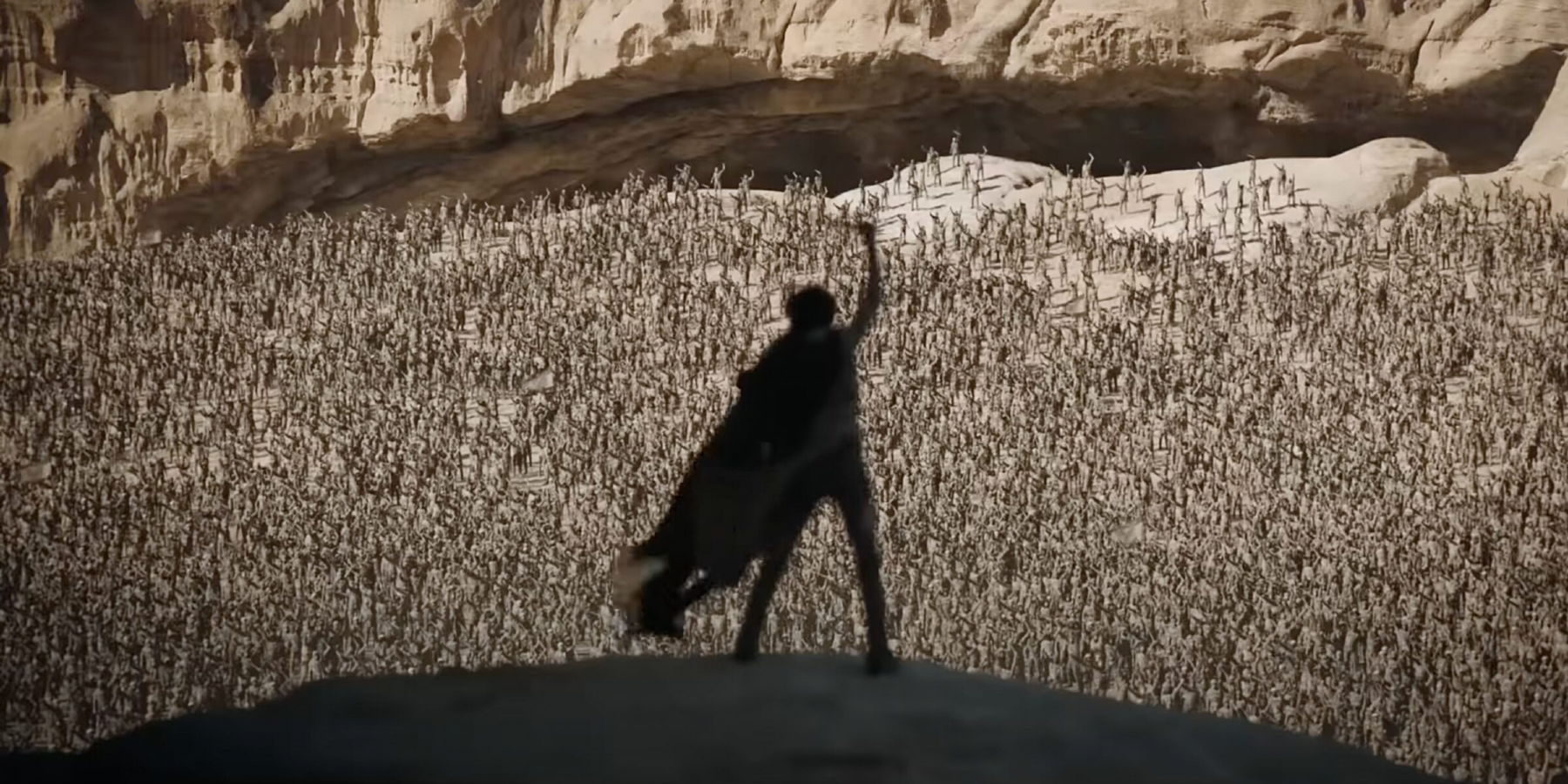


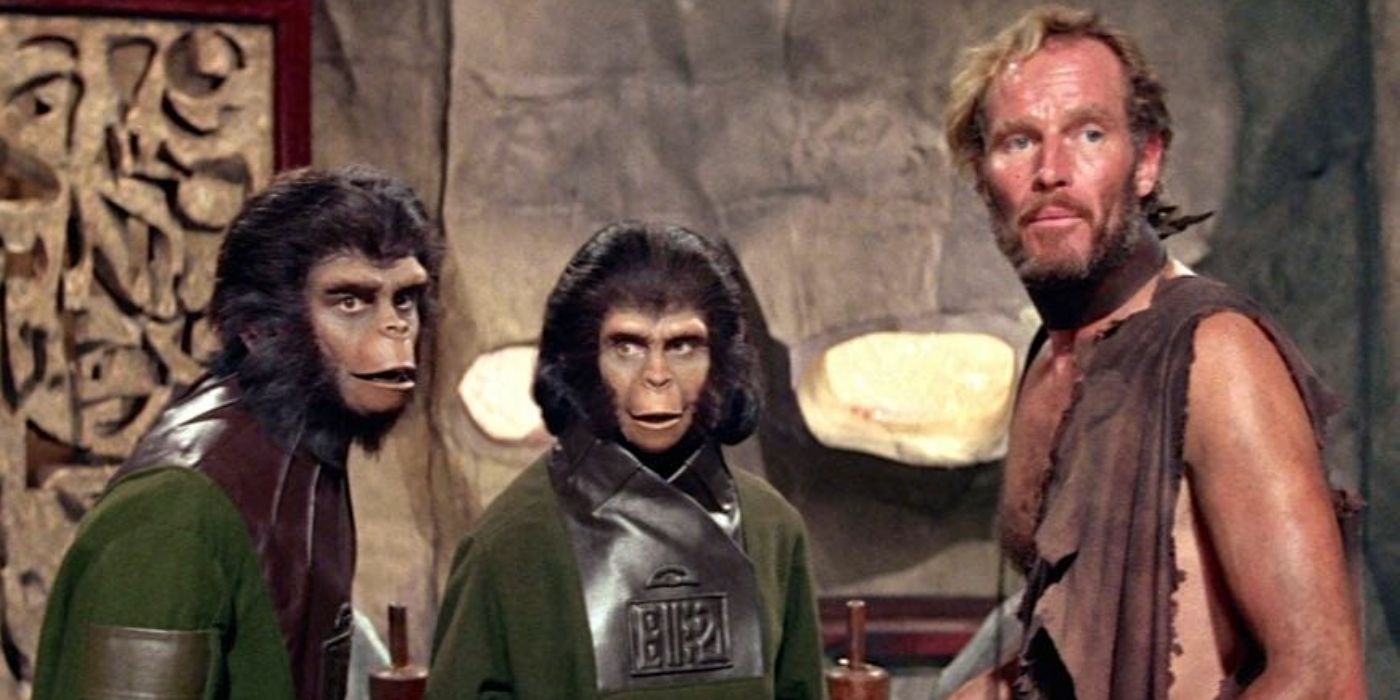
One theme present in almost all of the Planet of the Apes films is the hubris of the human race and how this ends up being the species’ downfall. In the classic Apes movies, humanity nearly destroyed itself due to nuclear fallout, with a virus from space seemingly evolving apes. These simians in turn came to enslave the now feral humans, who had gradually lost their ability to speak and reason. Even the “present day” that Colonel George Taylor leaves on his trip on the Icarus was supposedly one where humanity had lost its way, with the cynic leaving Earth to hopefully find a better world. Even in Escape from the Planet of the Apes, Doctor Hasslein tries to assassinate Cornelius, Zira and their baby in a failed attempt to keep apes from rising and taking over the planet.
In the rebooted Planet of the Apes franchise, humanity plays God with the ALZ-112 medication that was meant to cure Alzheimer’s. This briefly works on humans, but it also has the effect of enhancing the intellect of apes. The upgraded ALZ-113 makes apes even smarter, all the while acting as a dangerous virus to humans. This virulent “Simian Flu” wiped out most of humanity and evolved to rob many of the survivors of their ability to speak and think at an advanced level. Thus, the downfall of the human race resulted from a scientist testing the limits of nature on his own father (an Alzheimer’s patient) and his “pet” chimpanzee, Caesar.
With Dune, there’s a similar sort of hubris, albeit explored in a different way. Instead of pure science, it’s a mixture of genetics and manufactured religion that the Bene Gesserit sisterhood uses to manipulate events on worlds such as Arrakis. Unfortunately for them, this gives rise to the legend of the Kwisatz Haderach, a role that the defiant Paul Atreides ends up fulfilling. Likewise, this also means that the Fremen — the native people of Arrakis — have their lives manipulated by way of these completely made-up beliefs. In Dune: Part Two, Chani notes how the tales of such a messiah are used to control the Fremen, perfectly capturing the cynical, anti-religious tone of Herbert’s novel.
Dune and Planet of the Apes Feature Dark Takes on Messiah Figures
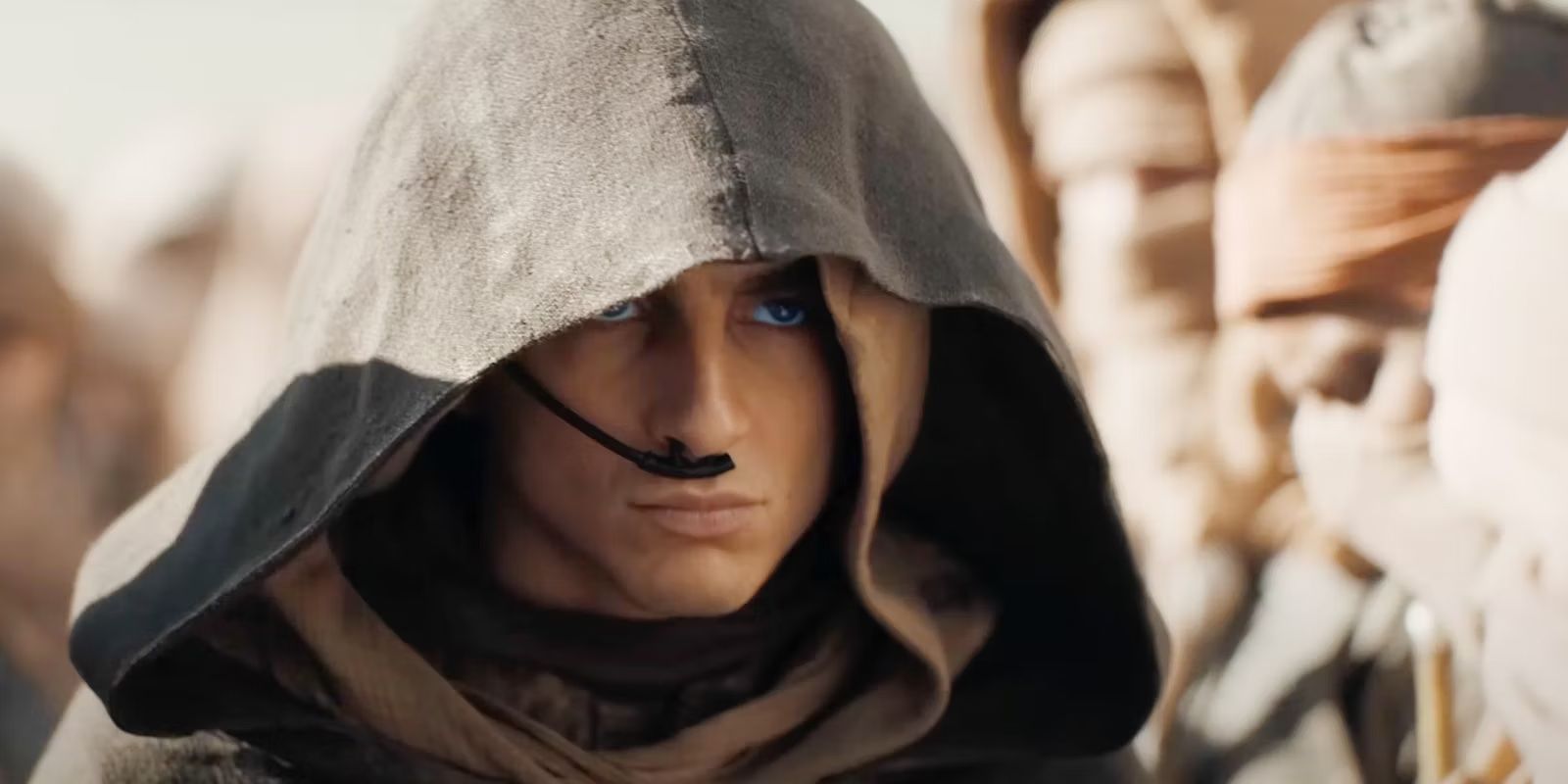

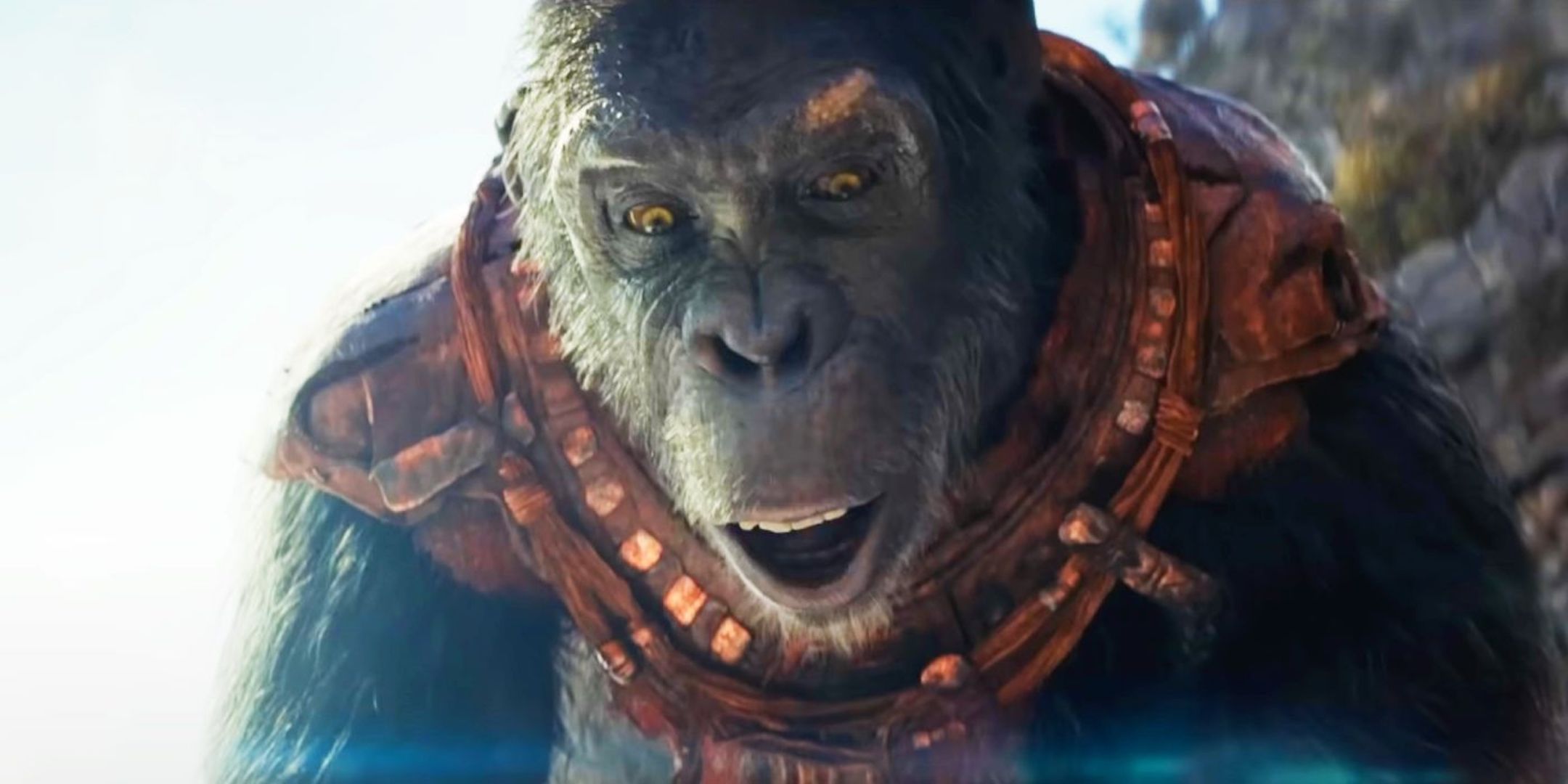
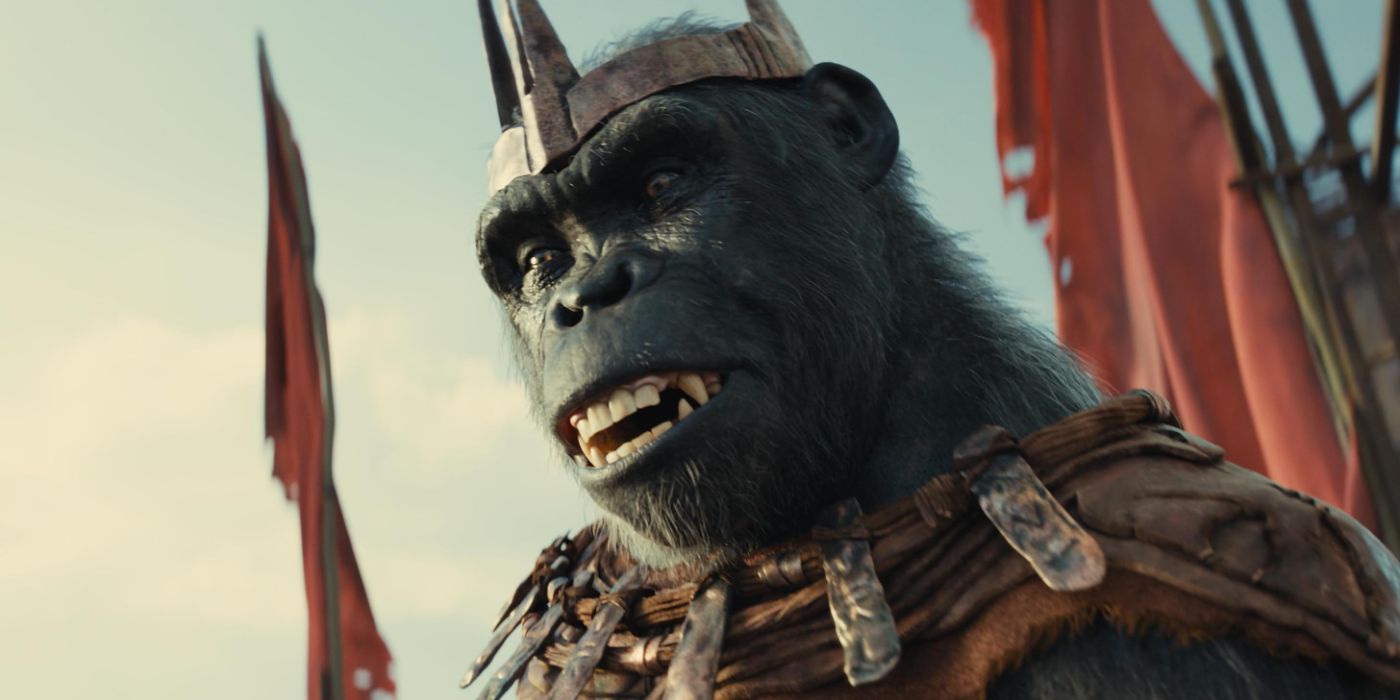
As noted, the basis of Dune involves the messianic Kwitsatz Haderach, also known as the Mahdi and the Lisan al Ghaib. Upon meeting the Fremen of Sietch Tabr, Paul is automatically seen as such by many of them, who begin worshiping him. Even though Paul himself is skeptical of these legends, knowing good and well that the Bene Gesserit were behind them, he eventually comes into the role after his mother, Lady Jessica (herself a member of the sisterhood), foments the religious tales even more. In the end, Paul manipulates the Fremen into following him in a truly dark and disturbing way, showing the downfalls of hero worship and religious fanaticism.
A similar idea is explored in Kingdom of the Planet of the Apes, which takes place centuries after the death of Caesar in War for the Planet of the Apes. The life and beliefs of Caesar are passed down among certain tribes as legends, with the Order of Caesar believing that he wanted peace between humans and apes. Sadly, another ape uses the Caesar name for his own ends and by mistreating apes and humans alike. Naming himself Proximus Caesar, he’s seen as a veritable god-king among his fiefdom and does as he wishes. It’s a dark reflection of how even the words of the most benevolent leaders can be twisted, much like that of a religion.
Dune and Planet of the Apes Deal With Despotic Dictators
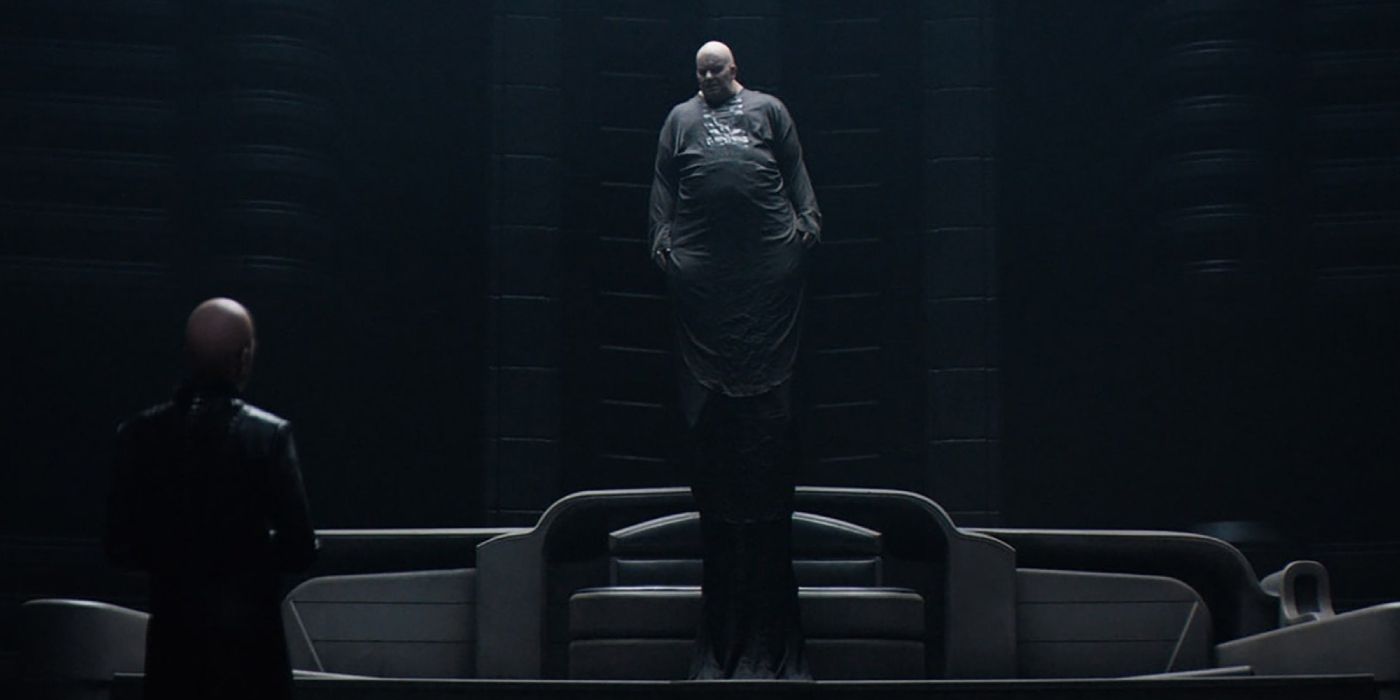
Ironically, this same fate befalls the Colonel, who chooses to take his own life instead of live as a mute feral shadow of a human being. As inhumane as he is, he’s arguably far more relatable and understandable than the maniacal Proximus Caesar, who tries to enlist the young chimpanzee Noa in gaining weapons for him. This sense of power-hungry despotism is also seen in the Dune series by both Emperor Shaddam IV and especially Baron Vladimir Harkonnen. The latter’s greed is displayed in his corpulent frame, with the deviant having a detestable lust for all that he sees as within his grasp.
Chief among these pursuits is the spice on Arrakis, which Harkonnen hopes to mine again. This is attempted both through his assassination of Duke Leto Atreides and the battles against the Fremen carried out by his nephews, Rabban and Feyd-Rautha. He has no true ideological goals beyond his own personal aggrandizement, with countless people slaughtered in the name of his colonialistic conquests. This sense of imperialism is also similar to Proximus Caesar’s attempts to grow his own empire.
Dune 2 and Kingdom of the Planet of the Apes Have Bittersweet Endings
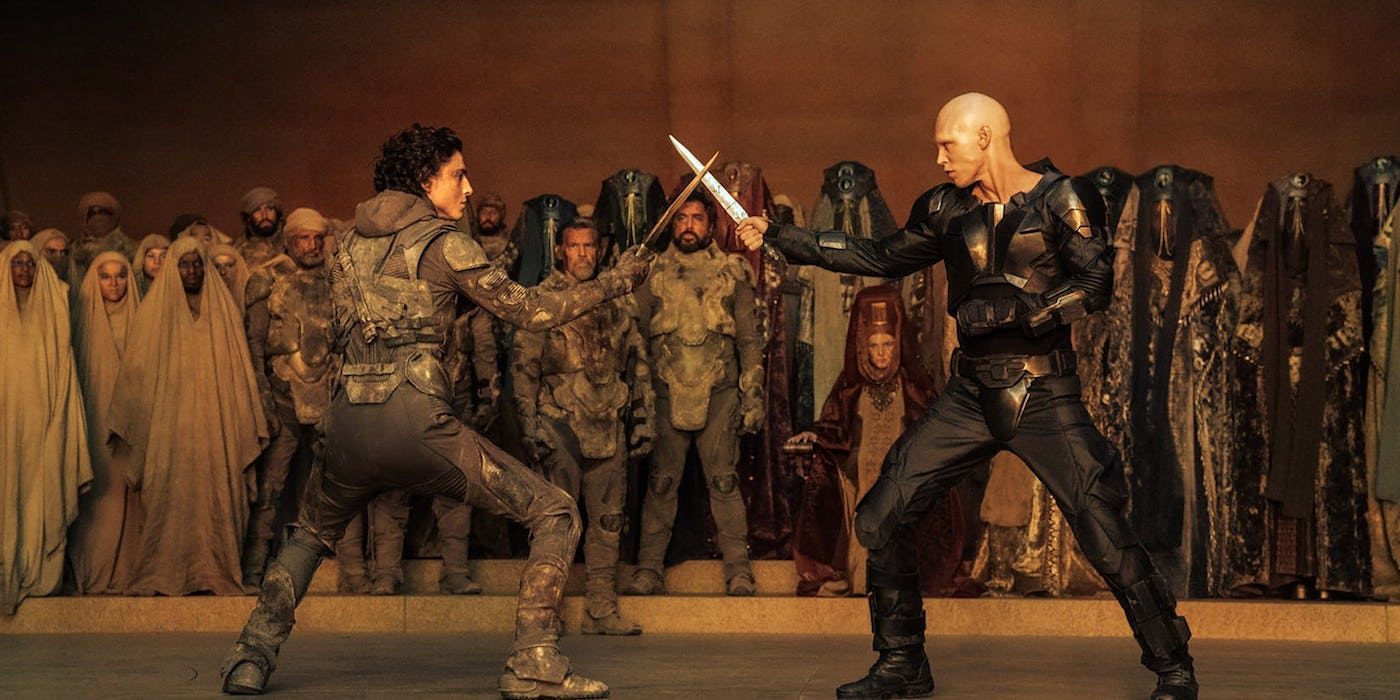
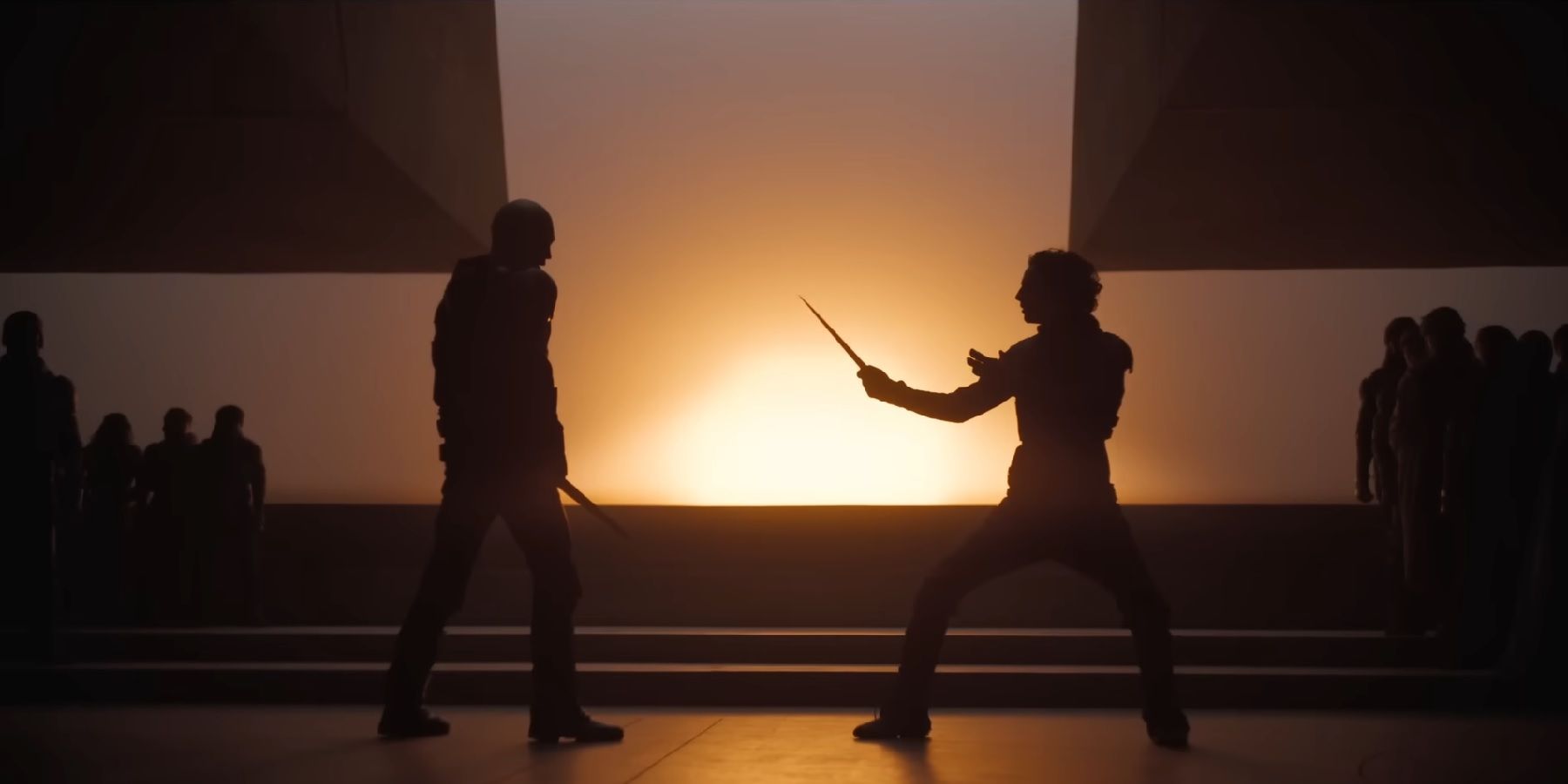
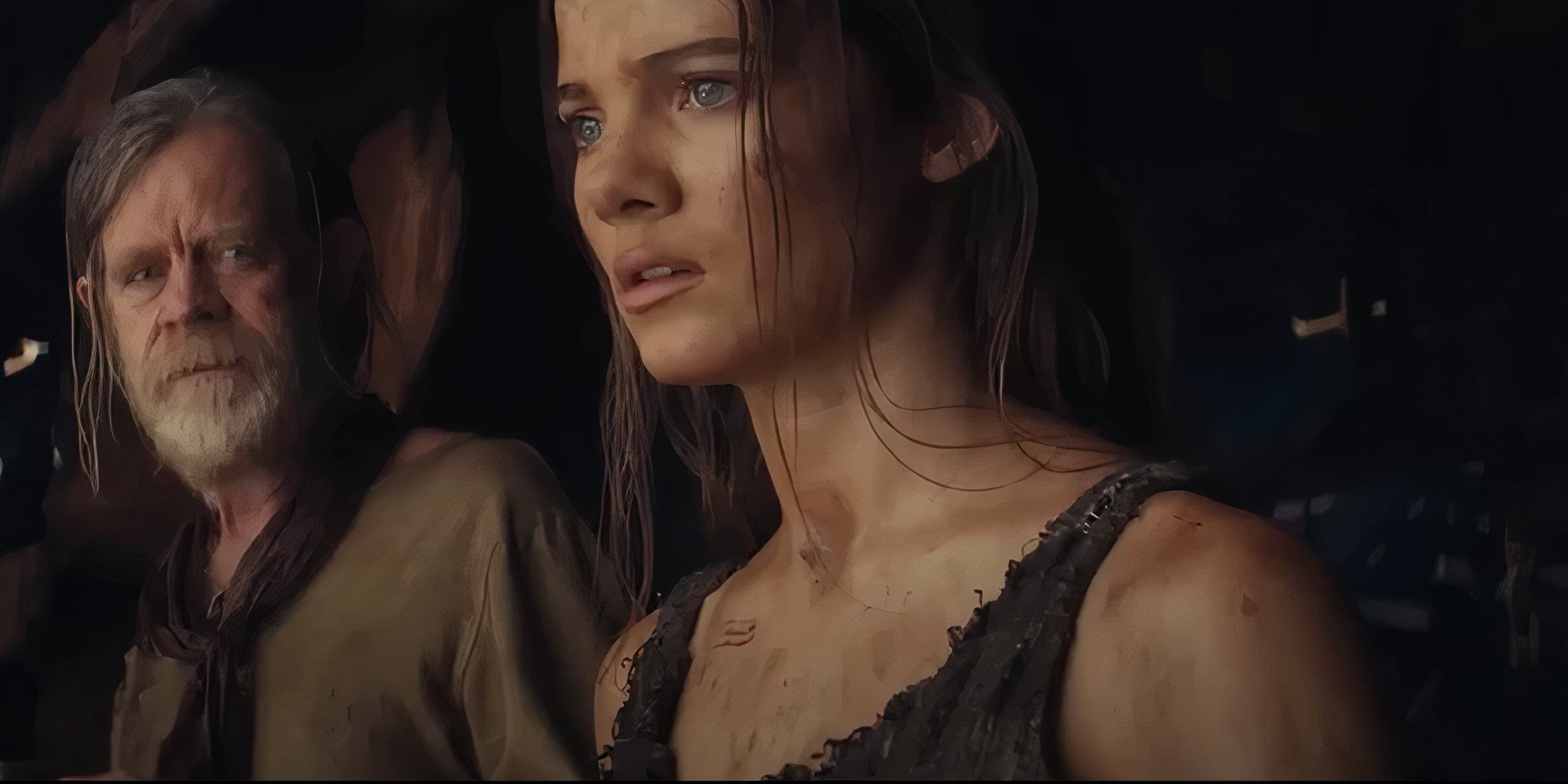
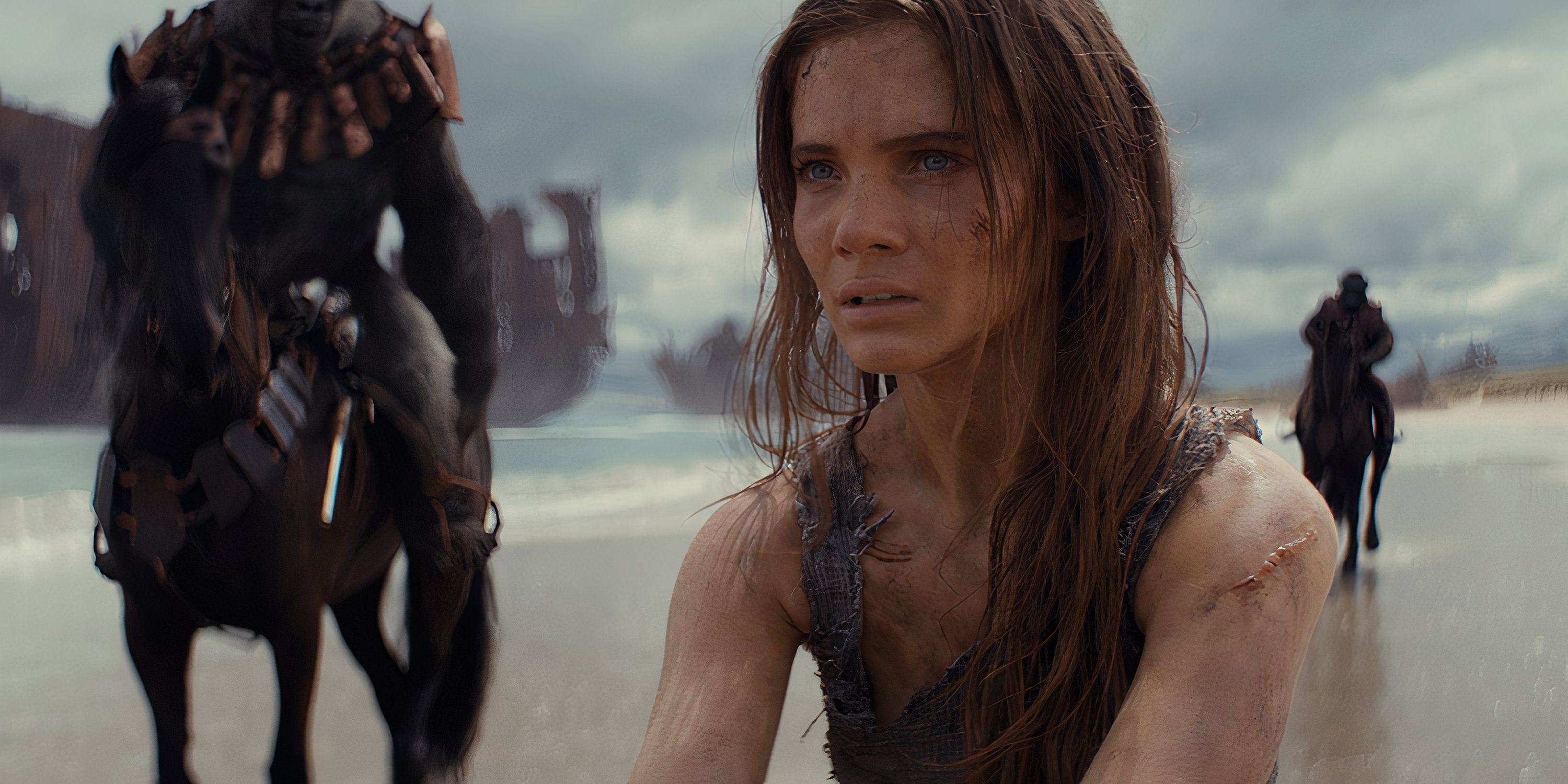
In Dune: Part Two, Paul defeats the Harkonnens by the movie’s end, including the sadistic Feyd-Rautha Harkonnen. Sparing the life of Emperor Shaddam IV, he also takes his daughter, Princess Irulan, as his bride. This leaves his beloved Chani heartbroken, and she quickly storms off. To make matters worse, the other Imperial Houses of the Landsraad refuse to honor Paul’s ascendancy, forcing him to enact his galactic jihad against them in order to fulfill the “prophecy” of Arrakis becoming a paradise free of oppressors. While it’s a victory against the Harkonnens, new threats and the seeming loss of key allies make things harder for Paul Atreides, who’s now embraced his status as a messiah.
Conversely, Kingdom of the Planet of the Apes ends with Mae (once known as Nova) giving information to other humans that have retained their intellect. This will allow them to begin rebuilding and potentially live at a higher level again. Unfortunately, Noa is worried over this act, seeing humans as being unable to live peacefully with apes. This comes after he sees books from before the fall of society that depict apes and other animals in cages for human amusement. Worried over how her former friend will react, the now skeptical Mae even brings a gun with her when she says goodbye to Noa. It’s a truly dark and cynical ending that speaks to how the two species’ will struggle to get along, especially if humanity is restored to power.
While both of these franchises are “blockbuster” movies, they offer more than simply cheap thrills. They also have deeper themes that are many times less than optimistic. Such is the case with the triumphant endings of both Dune: Part Two and Kingdom of the Planet of the Apes. Despite how bittersweet these conclusions are, they both offer several avenues for the franchises to continue. That’s especially good given that Villeneuve will be handling the movie adaptation of Dune: Messiah. With audiences clearly resonating with this combination of cool spectacle and bleak satire, it’s no surprise that Dune and Planet of the Apes are both some of the biggest cinematic success stories of 2024 so far.
Kingdom of the Planet of the Apes is in theaters now. Dune: Part Two can be streamed exclusively on Max.





